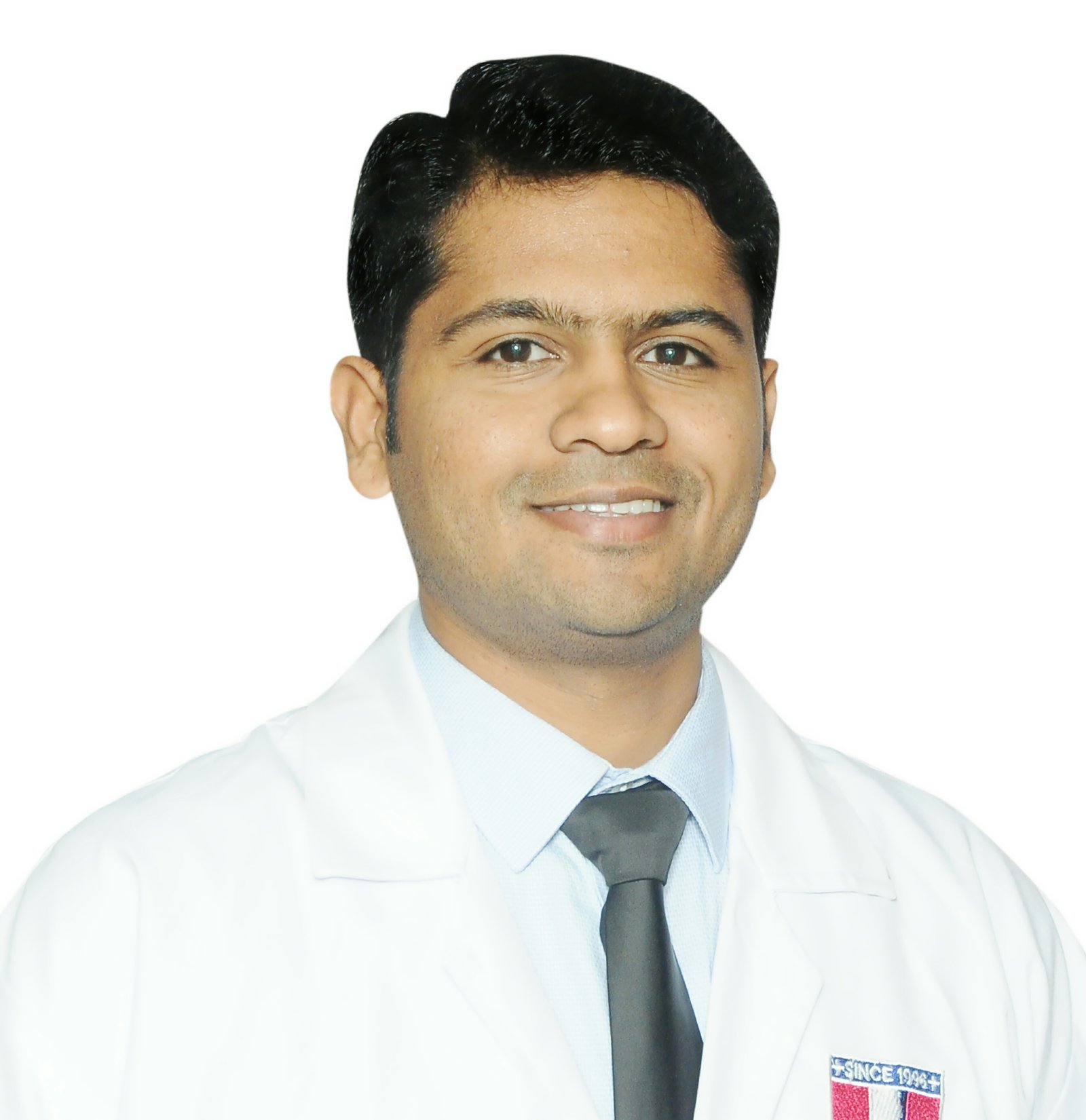Good oral hygiene can prevent life-threatening diseases
March 30, 2018 | Friday | Features | By Dr. Nivedan Kumbi
Even the slightest tingling discomfort in our gums can be a telltale sign of bad oral health, which needs immediate attention.
The most neglected part of our health is usually our teeth. Most of us are unlikely to visit a dentist until the problem is really serious. A nagging toothache that will not go away is the only time we reluctantly decide to visit the dentist. What many of us do not know is that a simple toothache or a decayed tooth can have severe implications on our overall health and well-being. Even the slightest tingling discomfort in our gums can be a telltale sign of bad oral health, which needs immediate attention.
A good oral hygiene can prevent Stroke
A recent study has discovered a link between a particular type of oral bacteria that increases our chances of having a stroke. Although the connection seems far-fetched, research has shown that these bacteria are found in among one third of all stroke victims who have simultaneously been diagnosed with severe oral health problems. A strain of bacteria, popularly known as Streptococcus Mutans, causes bleeding from the gums; transmitting the bacteria through the bloodstream into the brain. The bacteria then attaches itself to the fragile veins of the brain and triggers cerebral hemorrhages or strokes. Consequently, tongue movements are lost, and lips become droopy while the infection enters the blood stream and attacks the lining in the heart.
This bacterium also has a protein layer on its surface, which makes the platelets in the blood to clump around it, thereby creating a protective cover. This shield protects the bacteria from the body’s natural immune system and antibiotics. Unfortunately, the platelets gathering together in this way creates blood clots, which can ultimately lead to strokes.
Poor Oral Hygiene can lead to rheumatoid heart diseases
Keeping our teeth healthy goes a long way in keeping our hearts healthy! Without regular cleaning, plaque builds up on the teeth and hardens into tartar. Tartar can cause inflammation in our gums and makes it very difficult to clean our teeth.
Decayed teeth is like a fertile breeding ground for bacteria. One theory that researchers have put forward is that oral bacteria can cause the liver to produce high levels of certain proteins, which inflame the blood vessels, leading to a heart attack or stroke.
The simplest way to identify periodontal disease is persistent bad breath and swollen or tender gums that are prone to regular bleeding while brushing. In such cases, the patient might also feel that their gums are being pulled away from the teeth or experience loose and shaky teeth. Such symptoms require immediate attention.
Dental hygiene and respiratory disorders
For years, scientists have suggested that there is a connection between respiratory disorders and poor oral hygiene. Pneumonia is an infection of the lungs caused by a wide variety of infectious agents, including bacteria, fungi, parasites, and viruses. Bacterial chest infections are usually caused by inhaling bacteria from the throat and mouth into the lungs. However, food particles that tend to degenerate in the mouth also cause bad bacteria, which can be transmitted into our lungs. When the bacteria is transmitted to the lungs and is not eliminated on time, they can multiply and cause serious respiratory infections and Pneumonia, which can be a serious threat to life especially to our elderly.
Expert Speak: Non-Negotiables
Fortunately, maintaining a good oral hygiene is not a very difficult task. It is important to follow a regular regimen that prevents decay and gum disease. Here are a couple of ‘dos’ that ensure optimum oral health for one and for all.
- Adolescents with hectic traveling and erratic lifestyles must brush daily before going to bed and in the morning before eating anything. Regular rinsing of the mouth after eating food and drinking sweet drinks is non-negotiable!
- It is never too late to learn the right techniques of brushing your teeth. Practice brushing in small circular motions in order to clear the mouth from residual food particles
- Flossing is completely neglected in our country due to low awareness. Regular flossing keeps the gaps between the teeth clean from food particles, which can otherwise accumulate debris and cause plaque.
- It is also advisable to use an antibacterial mouth rinse, which can kill any germs in the mouth.
- Those with poor eating patterns should focus on consuming vitamin rich food such as Vitamin D and calcium regularly to maintain strong and healthy teeth
- One must be aware that certain medications like those for high blood pressure and depression cause dry mouth and therefore are at a risk for contracting oral infections
- A half-yearly visit to the dentist to get your teeth checked and cleaned is also a part of good dental regimen.
- People in the age group of 30-45 years must visit the dentist once in 6-8 months as cavity which is normally 0.1 mm wide may expand to 0.4 mm in the 40s causing irreparable treatment
- For people aged above 45 years, visiting the dentist once every 6 months and professional teeth cleaning is advisable
- Dr. Nivedan Kumbi, Lead Dentist, Nightingales Home Health Services










